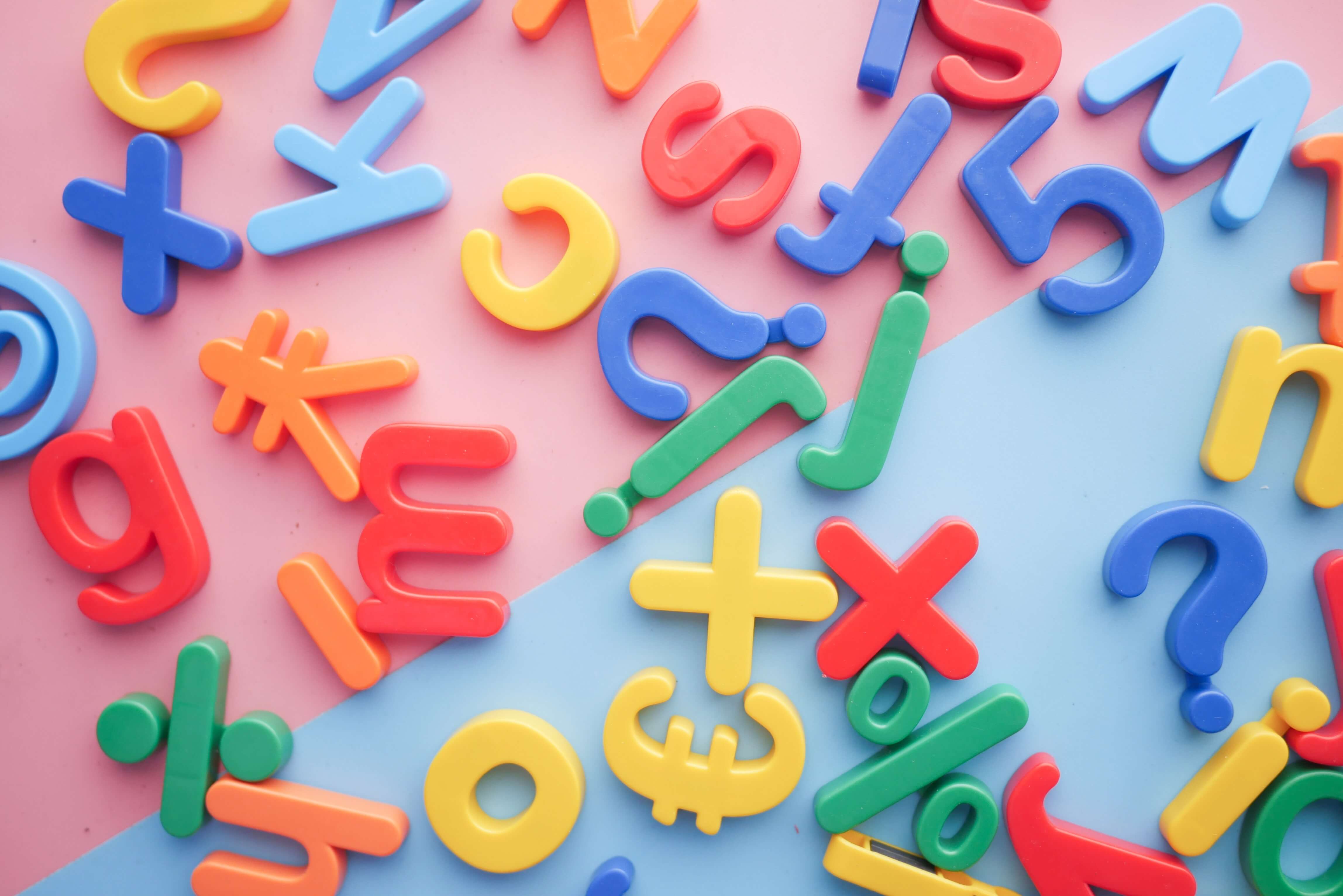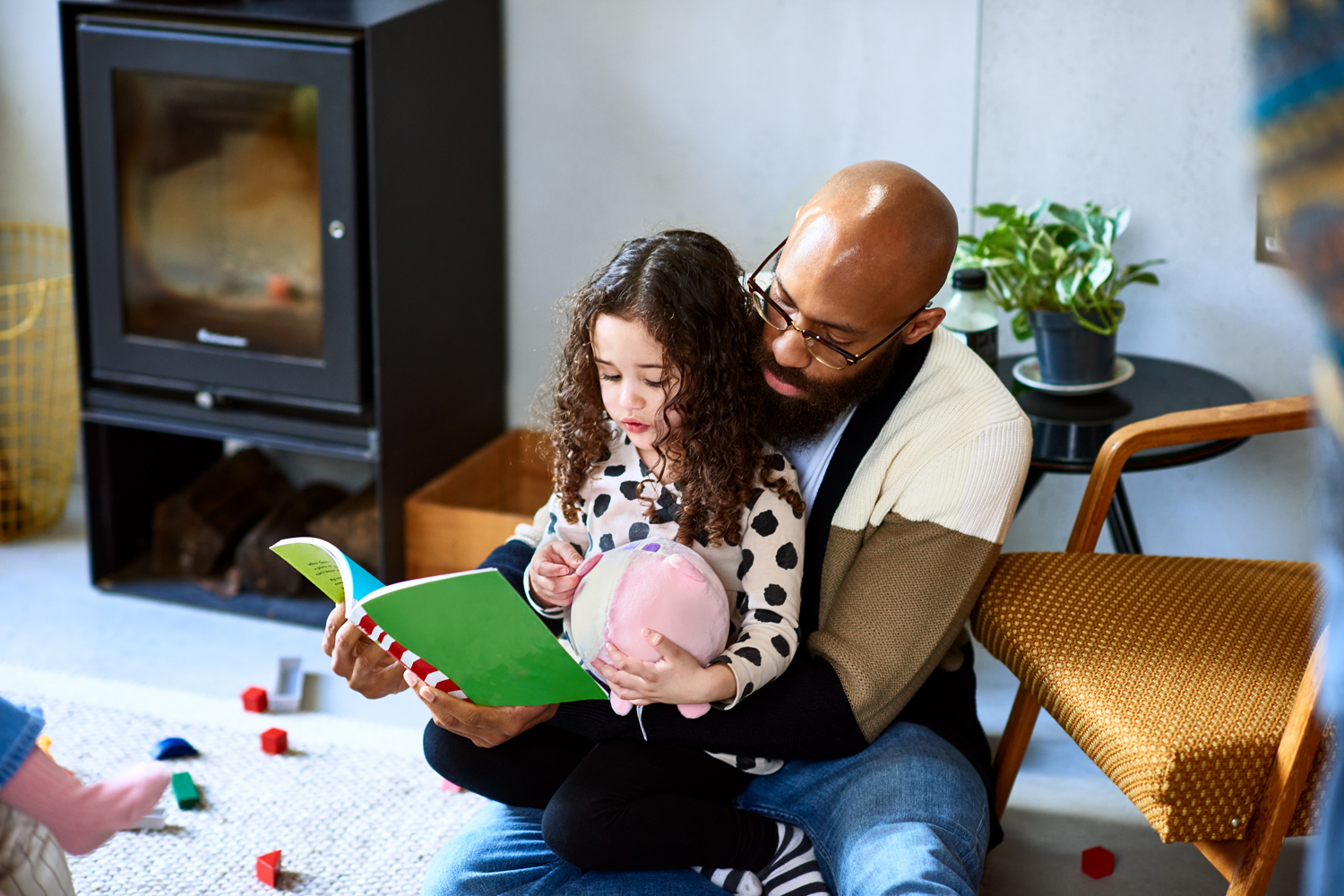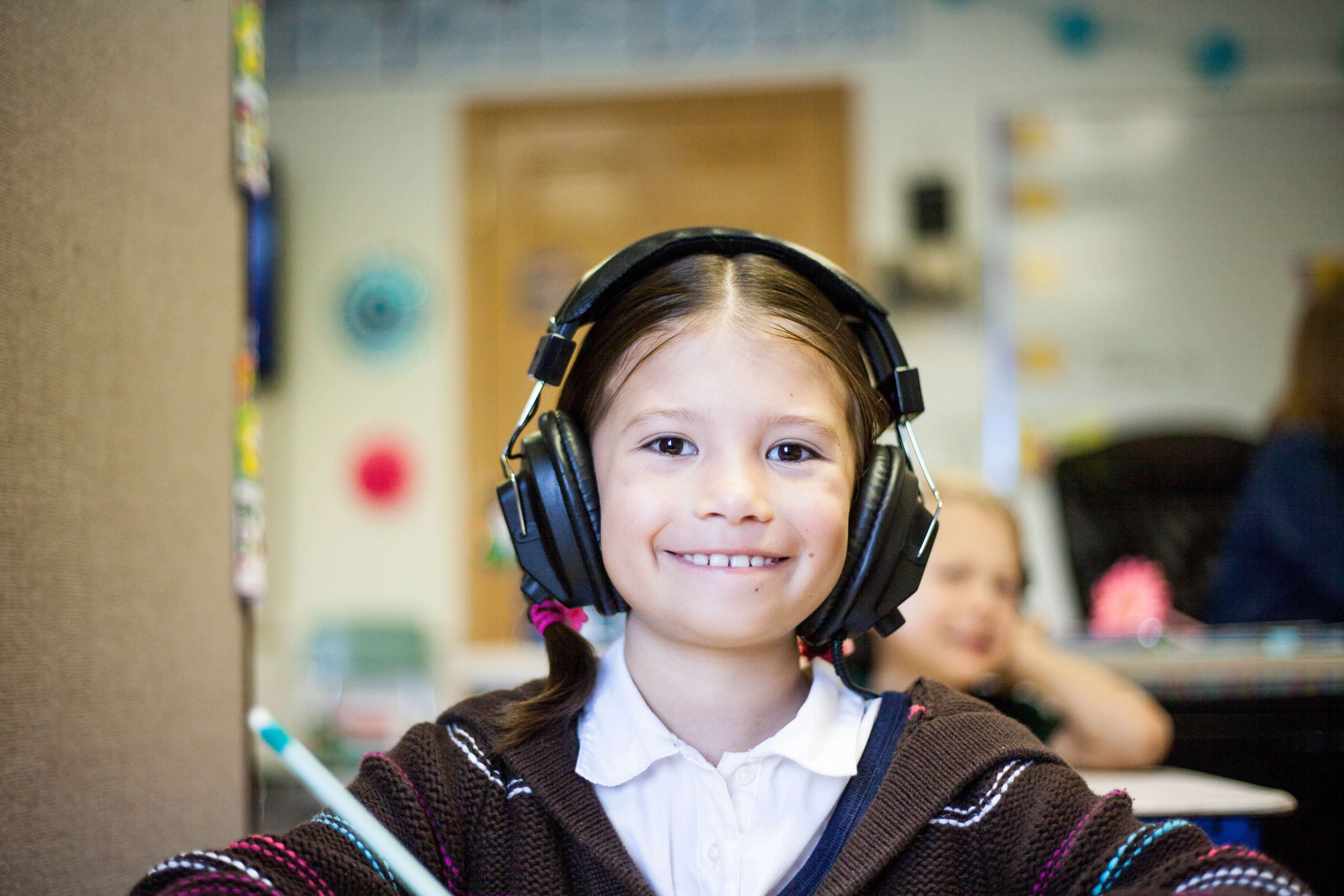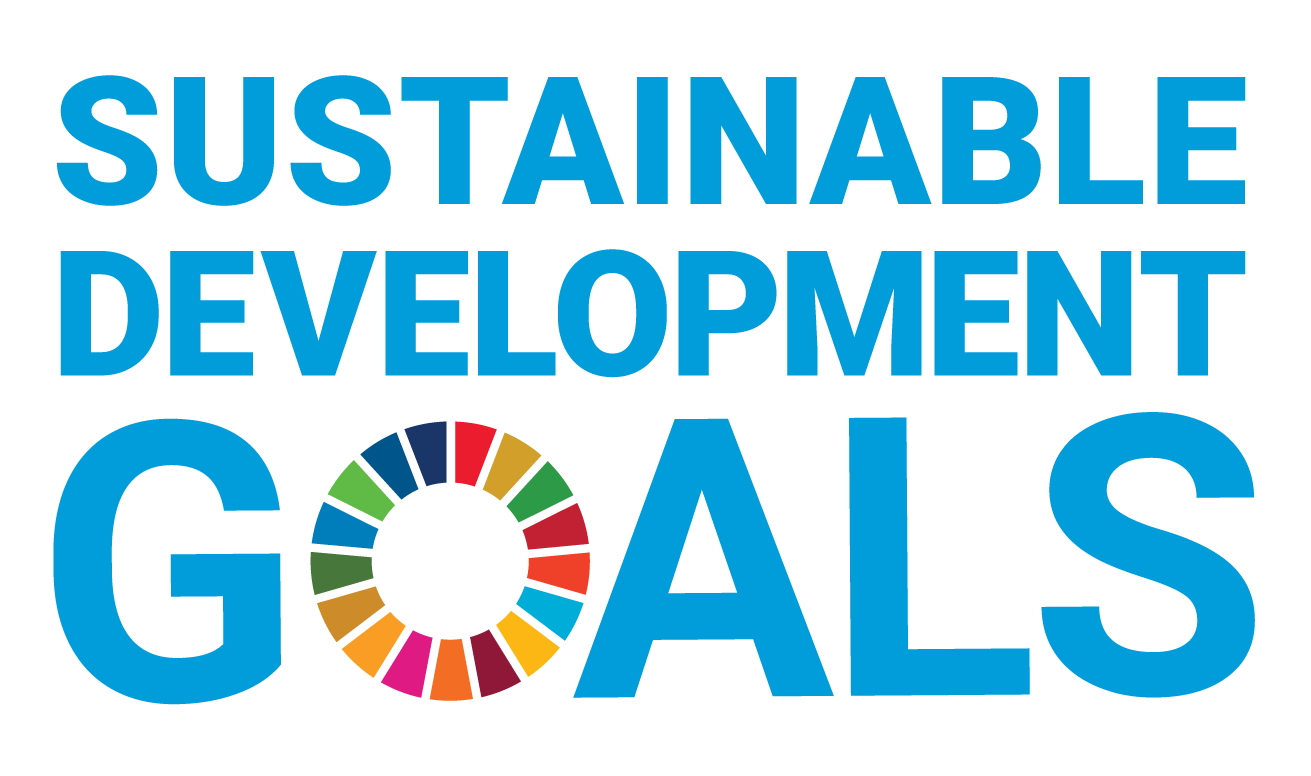You can search for courses, events, people, and anything else.
The negative impacts of the COVID-19 lockdowns on children’s social skills and parental wellbeing have been well documented. Now, a study conducted in Norway has found that some families report multilingualism was a source of wellbeing during the 2020 lockdowns. The study helps to highlight the importance of diversity in societies, says Western’s School of Psychology senior lecturer, Liquan Liu.
Liu’s research focuses on infant and child development. When the pandemic hit, he was visiting the University of Oslo in Norway as a Marie Skłodowska-Curie Fellow. Soon after Norway’s first lockdown was announced in March 2020, a colleague, Elisabet García González from the University of Oslo’s Center for Multilingualism in Society Across the Lifespan (MultiLing), approached him with an idea.
García González recalls that many linguists at the time were discussing how the lockdowns were changing how people communicated and used languages. This made her wonder how they were influencing language use in multilingual families. “Children were essentially forced to spend more time with their parents, so was this an opportunity for them to have more access to the home language?”
Liu and the former director of MultiLing, Elizabeth Lanza, were immediately on board. Together, they adapted a survey which was made available to the public from the UK to Norway between May and June 2020.
The data they collected from 188 adult respondents with children up to six years of age revealed a consensus that multilingualism was a source of well-being for parents during the lockdown. There was also a positive correlation between parents who had a positive attitude toward multilingualism and their likelihood of engaging in more activities with their children in the home language, such as reading, communicating online with families abroad, and watching television shows.
“Here we saw that, even in this very dramatic situation of a pandemic, multilingual families really relied on spending time with family to promote language use with their kids,” says García González. “And they used the language to find a source of well-being during the pandemic.”
The researchers are very enthusiastic about their results. “We already know from the literature that there are benefits to multilingual and multicultural exposure,” says Liu. “This study adds to the literature showing that the diverse environments — in terms of language, culture, and other factors — in which bilinguals grow up can contribute to social and cognitive flexibility,” adds García González. “The more languages you speak, the more perceptions you have of the world,” she explains.
“Such socio-emotional flexibility will lead to increased cross-cultural acceptance, and crucially for the future — a society in which people understand each other better,” Liu says.
Meet the Academic | Dr Liquan Liu
Dr Liquan Liu is a Senior Lecturer at the School of Psychology, Western Sydney University. His research interests lie in the multi-dimensional effects of multilingualism, multi-racialism and multi-culturalism on early childhood development and the relationship between internal (initial biases, learning mechanisms, developmental disorders) and external (quantity and quality of exposure) factors.
Credit
Future-Makers is published for Western Sydney University by Nature Research Custom Media, part of Springer Nature.
© 10’000 Hours/DigitalVision/Getty
© Photo by Towfiqu barbhuiya/Unsplash
© Photo by Ben Mullins/Unsplash







